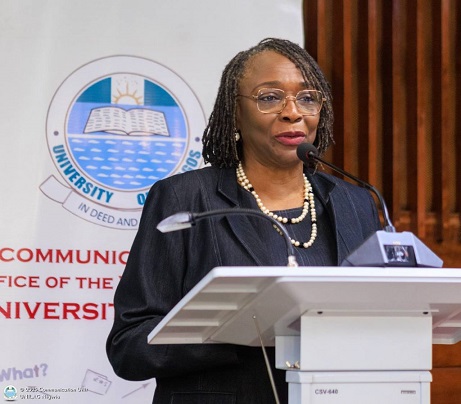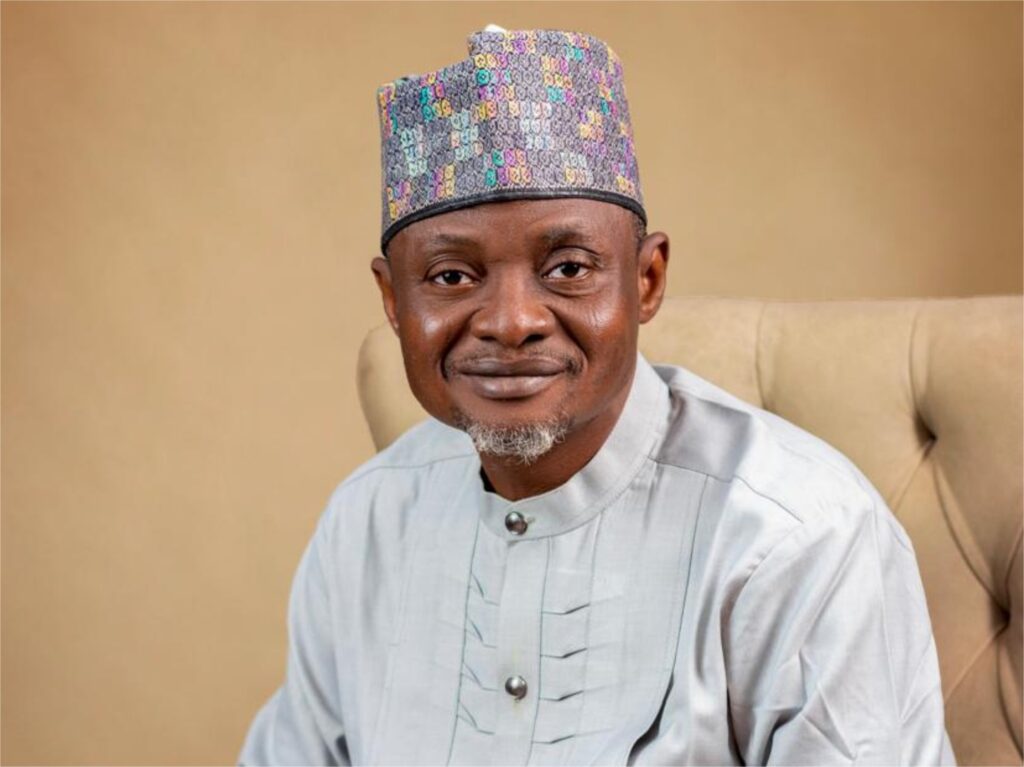President Bola Ahmed Tinubu approved the sum of ₦70 billion for the implementation of the Mini-Grid Solar Power Project under the 2025 Tertiary Education Trust Fund (TETFund) intervention cycle.
Chairman of the Board of Trustees of TETFund, Aminu Bello Masari, disclosed this on Wednesday in Abuja at the 2025 TETFund National Town Hall Meeting, which brought together stakeholders, including top government functionaries, Vice-Chancellors of Universities, Provosts, Rectors, and representatives of Academic Staff Unions of tertiary institutions, among others.
Former President of the Academic Staff Union of Universities (ASUU), Professor Emmanuel Osodeke, also speaking at the event, called on the National Assembly to come up with a piece of legislation that would stop new universities and other tertiary institutions from benefiting from the TETFund intervention until they are 5-10 years old.
Masari, who was a former Executive Governor of Katsina State and former Speaker of the House of Representatives, highlighted key milestones of TETFund, especially under the current administration of President Bola Ahmed Tinubu, noting that the Town Hall Meeting was significant in the collective journey towards building a more transparent, inclusive, and responsive tertiary education system.
On the Mini-Grid Solar Power Project, Masari said the project would provide renewable and sustainable energy solutions to twelve (12) selected institutions across the country, in the first instance.
The institutions include Nigerian Army University, Biu, Borno State; Northwest University, Kano; Ambrose Alli University, Edo State; Alvan Ikoku University of Education, Owerri, Imo State; and Lagos State University, amongst others.
He also revealed that under the leadership of President Tinubu, the Fund has sponsored 3332 scholars for Master’s and 4796 PhDs for the local component of the TETFund Scholarship for Academic Staff.
“The Fund continues to support teaching practice, conference attendance, research and development thereby ensuring that Nigerian tertiary institutions are well equipped with the right workforce of highly trained and globally exposed academics,” he stated.
The Board of Trustees has envisioned Nigerian tertiary institutions that are globally competitive, research-oriented, and innovation-driven, producing graduates who are not only employable but are job creators and solution providers.
“To achieve this, we will continue to strengthen accountability and transparency frameworks, expand investments in alternative energy and digital learning platforms, promote advanced research in agriculture, health, and technology, and deepen collaboration with industries and international partners to drive research commercialisation and sustainable impact,” he stated.
Executive Secretary of TETFund, Arc. Sonny Echono, on his part, applauded President Tinubu for his overwhelming support towards ensuring that the Fund actualizes its mandate and the ongoing transformation of tertiary education into a driver of innovation and productivity in Nigeria.
He disclosed that the President had approved the increase in the percentage allocation of education tax from 2.5 per cent to 3 per cent, saying this has had a tremendous impact on the intervention programmes of the Fund.
Echono also spoke on why the TETFund had to suspend the training of scholars abroad except for some specialized courses, disclosing that the federal government is developing a framework to ensure students sponsored abroad on government scholarships return home to contribute to national development after their studies.
He said the development followed a directive by President Tinubu to address the issue of scholars absconding after years of free education and failing to return after completing their studies overseas to contribute to the development of the country.
“Mr President complained that so many of the people we send abroad for studies do not return, and he felt it was unfair,” Echono said. “He has therefore instructed that we must put measures in place, not to stop training abroad entirely, but to ensure that those who go are properly bonded and return to contribute their knowledge to national development.”
Immediate past President of ASUU, Prof. Emmanuel Osodeke, warned against the proliferation of universities, saying most of them created as “constituency projects” were targeted at benefiting from TETFund intervention and must be discouraged.
He called on the National Assembly to come up with a piece of legislation that would prevent new universities not up to 5-10 years from benefiting from the TETFund intervention.





